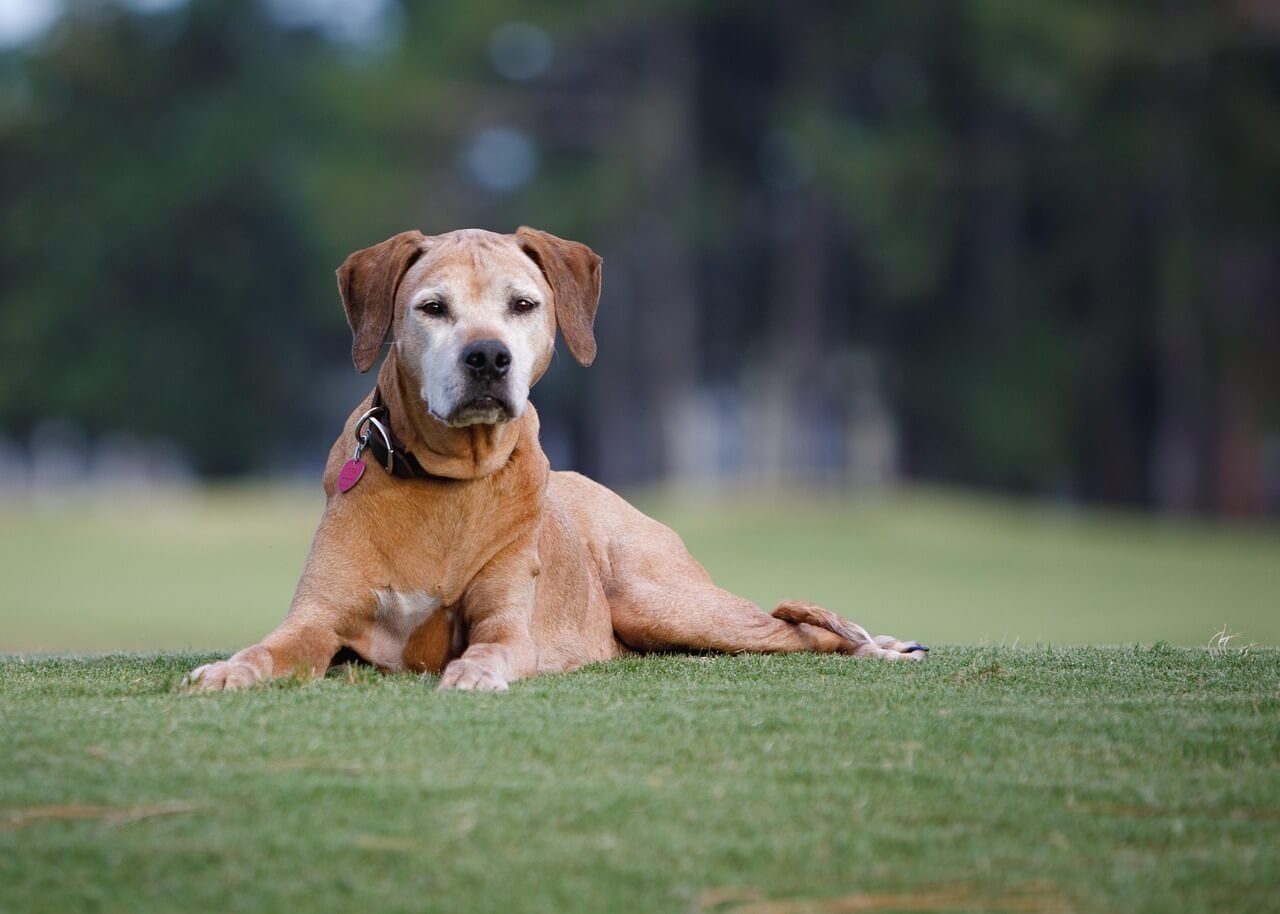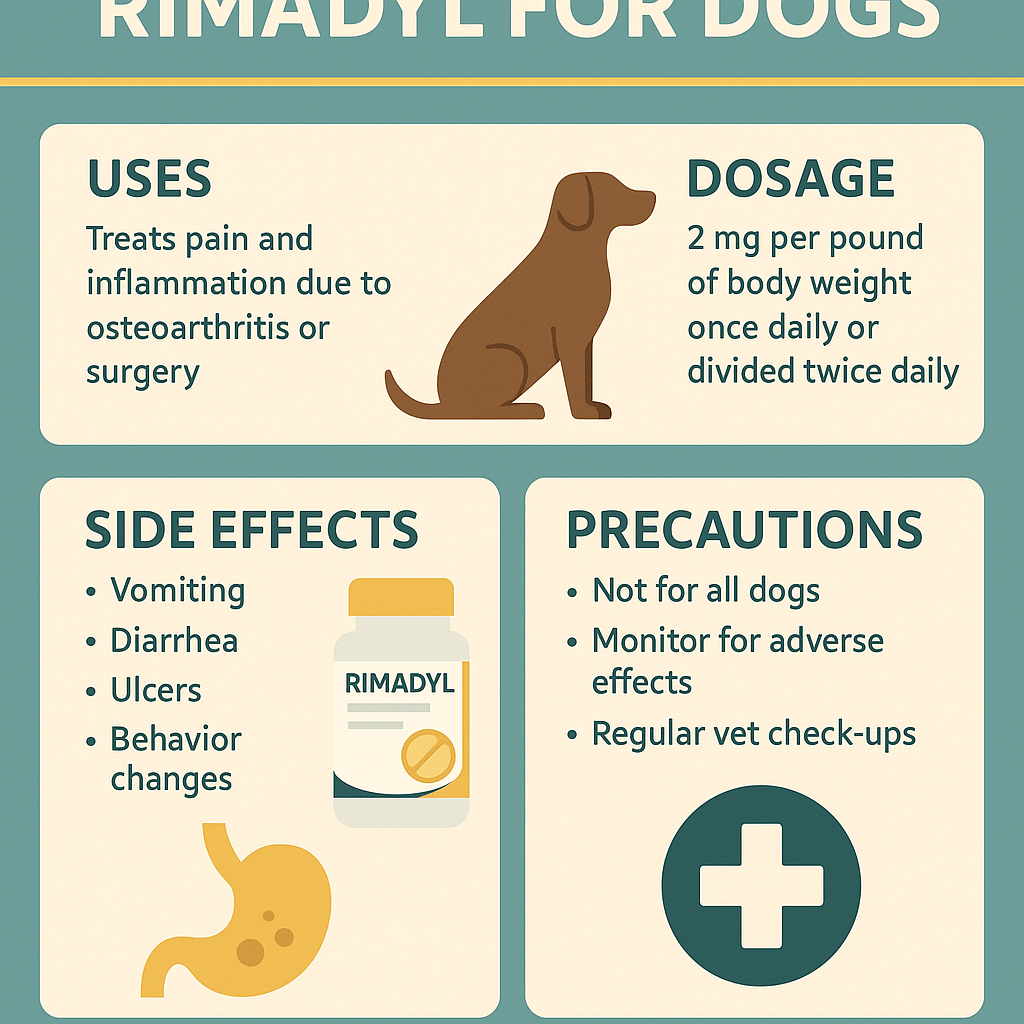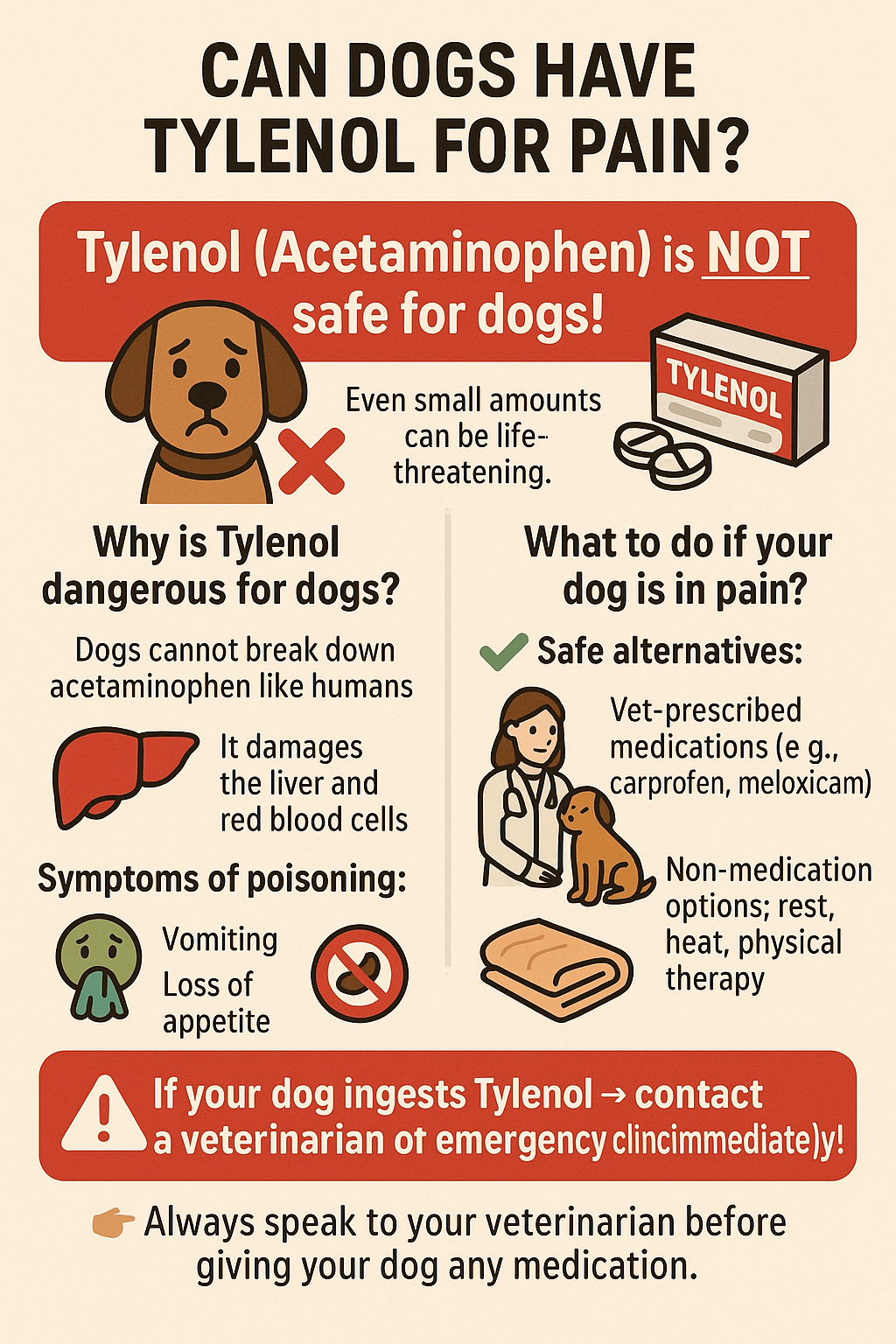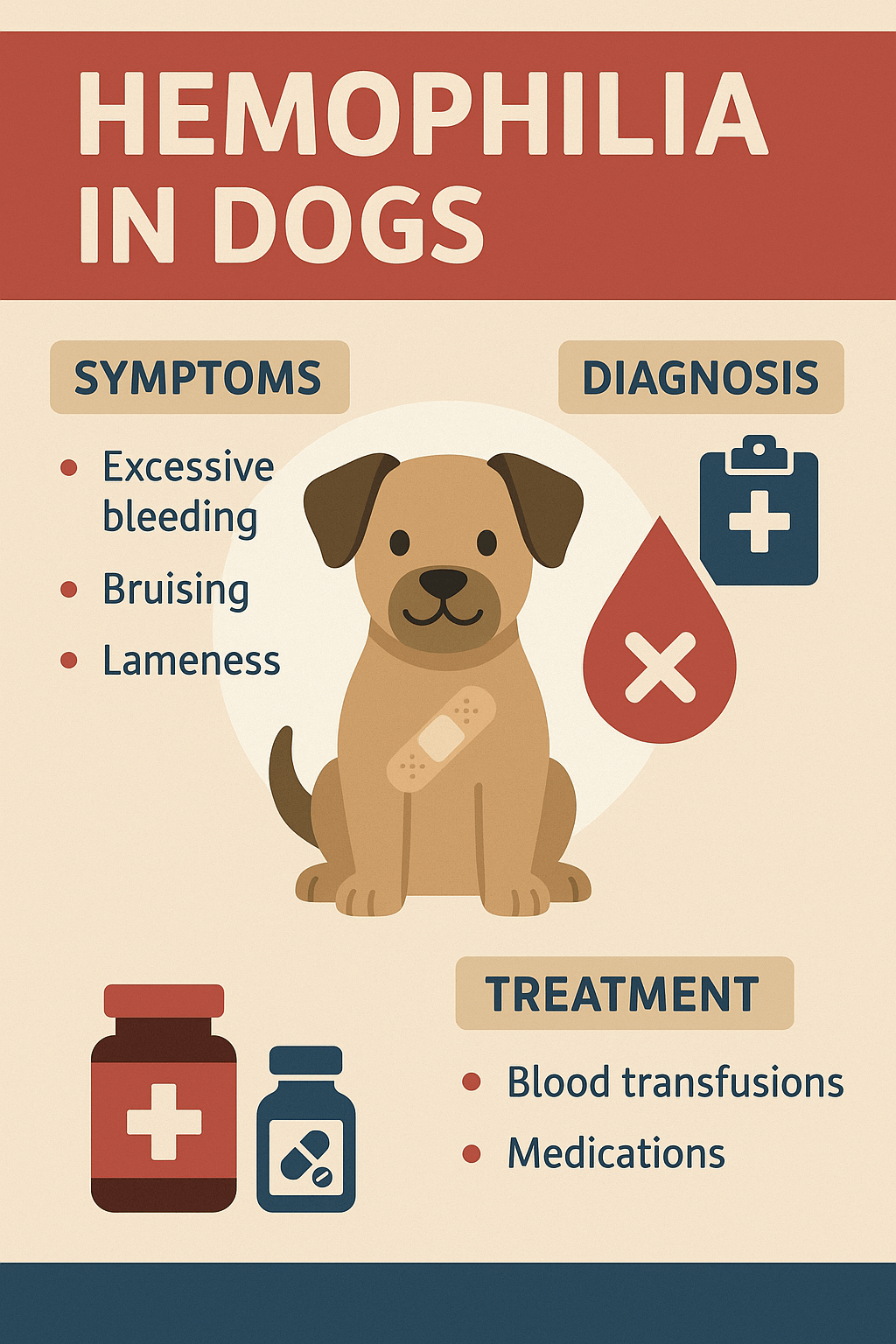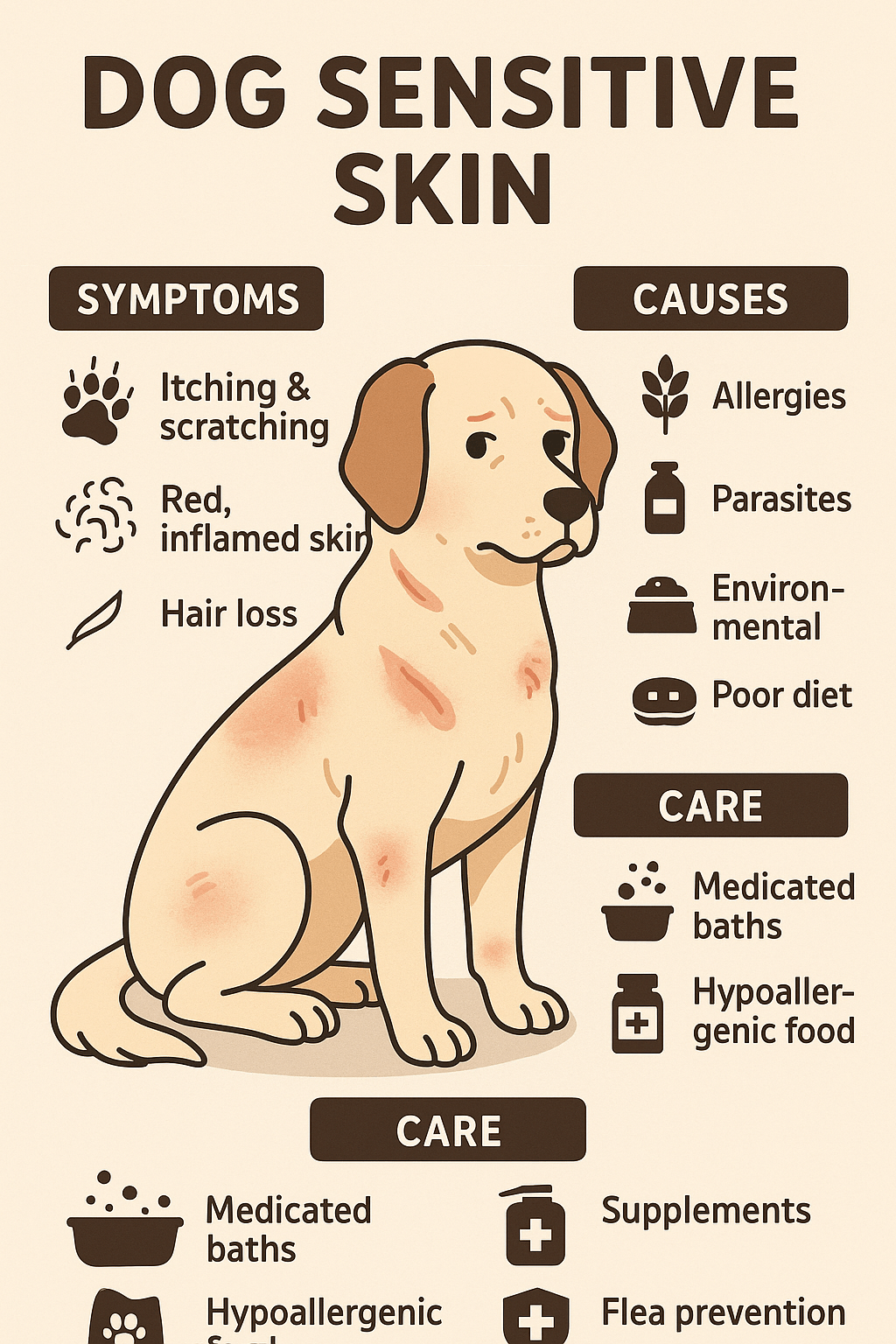Is Dog Saliva Antibacterial? Unpacking the Truth Behind the Myth
If you’re a dog owner, you’ve probably heard the claim that dog saliva has antibacterial properties and can even help heal wounds. But is there any truth to this widely believed idea? While it’s true that dog saliva contains certain compounds with mild antibacterial effects, the reality is more nuanced than the myth suggests. In this blog post, we’ll explore the science behind dog saliva, its potential benefits, and why it’s not a substitute for proper wound care. Whether you’re curious about your pup’s licking habits or want to ensure their health and yours, this guide will provide clarity on the topic.
The Science Behind Dog Saliva: Is It Truly Antibacterial?
Dog saliva does contain some components that exhibit mild antibacterial properties, but these effects are limited and shouldn’t be overstated. Here’s what research tells us about the antibacterial nature of dog saliva:
Lysozyme Enzymes: These enzymes break down bacterial cell walls, offering a minor level of antibacterial protection.
Histatins: Small proteins in saliva that can promote wound healing by encouraging skin cell regeneration.
Limited Spectrum of Action: The antibacterial compounds in dog saliva primarily target specific types of bacteria, leaving others unaffected.
Presence of Harmful Bacteria: Dog saliva also contains bacteria that can be harmful to humans, such as Pasteurella, which can cause infections.
Not a Substitute for Medical Treatment: While saliva may aid in minor wound cleaning, it’s no replacement for professional medical care or antiseptics.
Understanding the balance between the beneficial and harmful aspects of dog saliva is key to separating fact from fiction.
Potential Benefits of Dog Saliva
While dog saliva isn’t a miracle cure, it does have some properties that might offer minor benefits, especially in the context of their own grooming and healing processes. Here’s what we know:
Wound Cleaning for Dogs: Licking their own wounds can help remove debris, thanks to the mechanical action of the tongue and mild antibacterial compounds.
Promoting Skin Healing: Histatins in saliva may encourage faster regeneration of skin cells in minor injuries.
Reducing Surface Bacteria: The lysozyme enzymes can reduce certain bacteria on the surface of a wound, though not deeply embedded pathogens.
Natural Grooming Aid: Dogs use saliva to clean themselves, which can help maintain coat health and hygiene.
Psychological Comfort: Licking releases endorphins, providing a soothing effect for dogs during stressful situations.
While these benefits exist, they are modest and should not overshadow the importance of proper hygiene and veterinary care.
Check this guide 👉Understanding Salivary Mucocele in Dogs: Best 7 Tips!
Check this guide 👉Understanding Salivary Gland Cytology in Dogs: Best 7 Tips!

Potential Benefits of Dog Saliva | Risks Associated with Dog Saliva |
|---|---|
Contains lysozyme enzymes | May harbor harmful bacteria like Pasteurella |
Promotes minor wound healing | Can introduce infections to open wounds |
Helps clean debris from fur | Not effective against all types of bacteria |
Releases endorphins for comfort | Can spread zoonotic diseases to humans |
Supports skin cell regeneration | Should never replace medical treatment |
Why You Should Be Cautious About Dog Saliva
While dog saliva has some antibacterial properties, there are several reasons to exercise caution when it comes into contact with human skin or open wounds. Here’s what you need to know:
Risk of Infection: Dog saliva can carry bacteria like Pasteurella, which can lead to serious infections if introduced into a wound.
Zoonotic Diseases: Some illnesses, such as ringworm or salmonella, can be transmitted through a dog’s saliva.
Allergic Reactions: Some people may experience allergic reactions to proteins found in dog saliva.
Compromised Immune Systems: Individuals with weakened immune systems are at higher risk of complications from exposure to dog saliva.
Hygiene Concerns: Regularly cleaning your dog’s mouth and ensuring they stay healthy can reduce the risks associated with their saliva.
Being aware of these risks ensures you can take steps to protect both yourself and your dog.
How to Safely Manage Your Dog’s Licking Habits
Dogs naturally lick themselves, other animals, and even humans, but managing this behavior is important for everyone’s health. Here are some tips to handle your dog’s licking habits safely:
Redirect Their Attention: Provide toys or chews to distract your dog from excessive licking.
Train Basic Commands: Teach commands like “leave it” or “no lick” to discourage unwanted licking behavior.
Keep Wounds Covered: If you or someone else has an open wound, keep it covered to prevent contact with dog saliva.
Maintain Oral Hygiene: Regularly brush your dog’s teeth to reduce bacteria in their mouth and minimize health risks.
Monitor for Signs of Illness: Keep an eye out for changes in licking behavior, which could indicate underlying health issues.
By taking these steps, you can manage your dog’s licking habits while minimizing potential risks.
Debunking Myths to Understand the Reality of Dog Saliva
There are many misconceptions about dog saliva, and addressing these myths is essential for ensuring proper care for both you and your pet. Here’s a look at some common misunderstandings and the truth behind them:
Myth: Dog saliva can heal human wounds.
While saliva has minor antibacterial properties, it’s not a substitute for proper wound care or medical treatment.Myth: A dog’s mouth is cleaner than a human’s.
Dogs’ mouths contain bacteria that can be harmful to humans, making this claim inaccurate.Myth: Licking helps prevent infections in dogs.
Excessive licking can irritate wounds and introduce new bacteria, worsening the condition instead of improving it.Myth: All bacteria in dog saliva are harmless.
Some bacteria, like Pasteurella, can cause serious infections in both animals and humans.Myth: Letting dogs lick your face is always safe.
Facial licking can transfer harmful bacteria, especially if you have cuts or a weakened immune system.
By understanding these misconceptions, you can take better precautions and avoid unnecessary risks associated with dog saliva.
Tips for Maintaining Good Oral Hygiene in Dogs
A healthy mouth reduces the risk of harmful bacteria in your dog’s saliva and promotes overall well-being. Here are some practical steps to keep your dog’s oral hygiene in check:
Brush Regularly: Use a dog-safe toothbrush and toothpaste to clean their teeth at least 2–3 times a week.
Provide Dental Chews: These treats help reduce plaque and tartar buildup while freshening breath.
Schedule Vet Check-Ups: Routine dental exams can catch issues early and ensure your dog’s mouth stays healthy.
Monitor for Bad Breath: Persistent bad breath may indicate underlying dental problems that need attention.
Offer Safe Chew Toys: Toys designed for chewing can help scrape away debris and keep gums healthy.
By prioritizing your dog’s oral health, you can minimize the risks associated with their saliva and improve their quality of life.
Signs That Your Dog’s Saliva May Pose a Health Risk
While dog saliva is generally not harmful, certain situations warrant extra caution. Here’s what to watch for to ensure your dog’s saliva doesn’t become a health concern:
Excessive Drooling: Sudden or unusual drooling could indicate an oral injury, infection, or ingestion of something toxic.
Changes in Behavior: If your dog starts licking excessively or obsessively, it may signal pain or discomfort.
Open Sores or Wounds: Avoid letting your dog lick open wounds, as this can introduce harmful bacteria.
Frequent Face Rubbing: This behavior may suggest dental issues like gum disease or tooth decay.
Contact with Vulnerable Individuals: Be cautious if your dog licks babies, elderly people, or those with compromised immune systems.
Recognizing these signs allows you to take prompt action and protect both your dog and your family from potential health risks.
Frequently Asked Questions About Dog Saliva
Is dog saliva antibacterial?
Yes, it contains some antibacterial compounds, but their effects are limited and not a substitute for proper wound care.
Can dog saliva heal wounds?
It may aid in minor wound cleaning, but it cannot replace professional medical treatment.
Is it safe to let my dog lick my face?
While occasional licks are unlikely to harm most people, it’s best to avoid facial licking due to the risk of bacteria transfer.
What should I do if my dog licks my wound?
Clean the area thoroughly with soap and water, and seek medical attention if you notice signs of infection.
Can humans get sick from dog saliva?
Yes, dog saliva can transmit bacteria or viruses that may cause infections or zoonotic diseases.
Final Thoughts: Balancing Facts and Caution
While dog saliva does possess some antibacterial properties, it’s far from being a cure-all or a safe alternative to medical care. Understanding the potential benefits and risks allows you to make informed decisions about your dog’s licking habits and overall health. By maintaining good hygiene practices, training your dog appropriately, and seeking veterinary advice when needed, you can ensure both you and your furry friend stay happy and healthy. Remember, a little knowledge goes a long way in fostering a safe and loving relationship with your dog!
Rimadyl for Dogs: Best 7 Expert Tips! Discover expert advice on using Rimadyl safely, managing pain, and improving your dog’s mobility with trusted veterinary insights.
Can Dogs Have Tylenol for Pain? Best 7 Expert Tips! Discover the risks, safe alternatives, and expert advice on managing your dog’s pain effectively while avoiding harmful medications.
Understanding Hemophilia in Dogs: Best 7 Expert Tips! Discover expert advice on managing hemophilia, recognizing symptoms, and ensuring your dog’s well-being with practical care strategies.
Understanding Dog Sensitive Skin: Best 7 Expert Tips! Discover expert advice on managing dog sensitive skin, relieving irritation, and improving your pup’s comfort with practical solutions.

